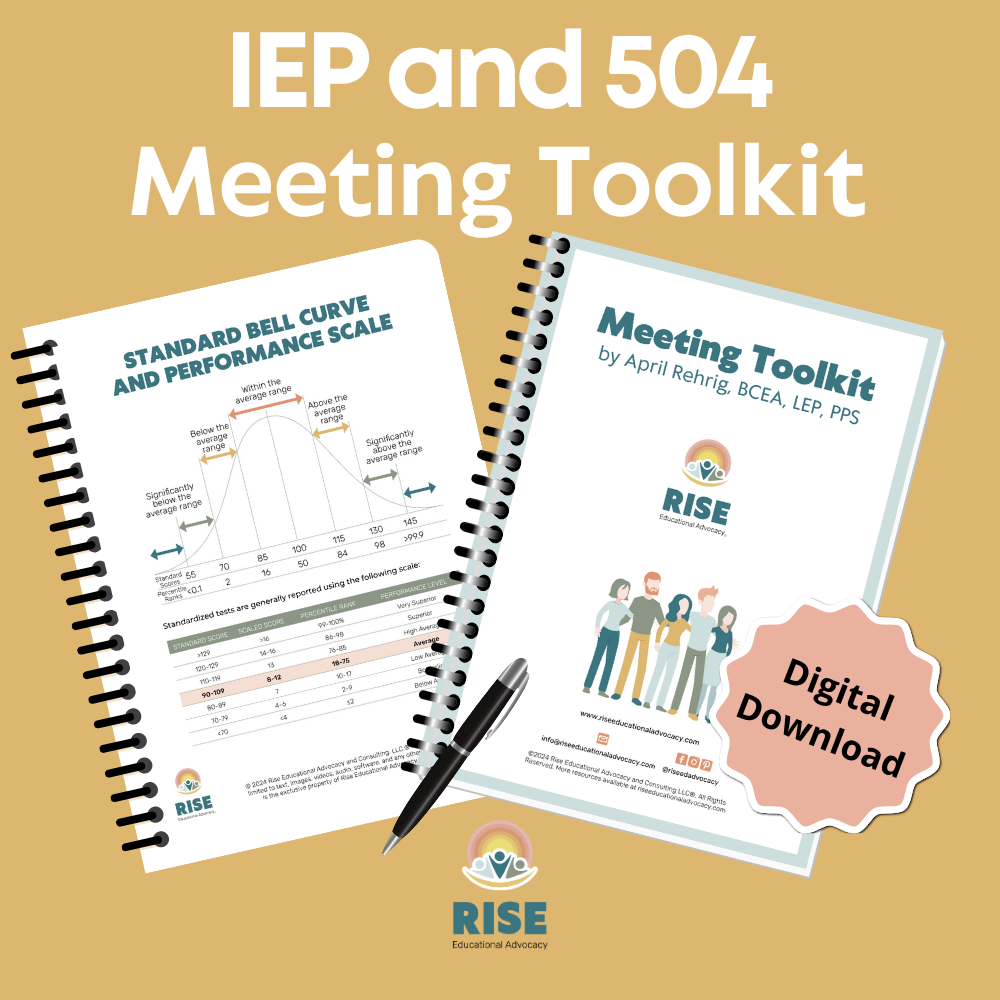
Executive Functioning Tips: 5 Ways to Empower Students
Guest blog by Natasha M. Nurse, Esq., MRM Managing Director, Partnerships & Business Operations
Picture this: In Mrs. Thompson’s fourth-grade classroom, nine-year-old Elijah often stared at his math worksheet like it was written in another language. While his peers quickly dove in, Elijah sat frozen. His pencil remained untouched. “Elijah,” Mrs. Thompson gently said, “you’ve got everything you need. You can start.” He looked up and whispered, “I don’t know how to begin.”
Elijah isn’t lazy. He’s not defiant. He struggles with executive functioning — the mental skills that help us plan, focus, remember instructions, and juggle multiple tasks. And like Elijah, countless students face these same hidden challenges every day.
As parents, educators, and support professionals, we can offer more than reminders or tough love. We can offer tools, empathy, and understanding. Here’s how.
Step 1: Make Routines Visual and Predictable
“I feel calmer when I know what’s coming next,” shared Mia, a high school sophomore with ADHD. “Otherwise, my brain is in ten places at once.”
Visual schedules, consistent routines, and checklists are lifesavers for students with executive functioning challenges. They take the guesswork out of the day.
Try this:
- Create a daily routine chart using pictures or simple words
- Keep schedules visible on desks, lockers, or bedroom walls
- Pair activities with natural cues, like “after breakfast, pack your backpack.”
Avoid this:
Changing routines frequently or assuming a verbal reminder will stick. The goal is consistency that builds confidence.
 Step 2: Break Big Tasks into Bite-Sized Pieces
Step 2: Break Big Tasks into Bite-Sized Pieces
“When I saw the assignment was five paragraphs, I panicked,” said Alex, a seventh grader. “But when my teacher helped me break it down into sentences, I could actually do it.”
Many students freeze when faced with complex tasks. Breaking them into smaller steps makes the work manageable.
Try this:
- Use a “First, Next, Then” approach
- Make templates or graphic organizers for multi-step assignments
- Help them set mini deadlines for each stage
Avoid this:
Telling them to just “get started.” Starting is often the biggest hurdle. Guide them step by step until momentum builds.
Step 3: Use Tools That Support the Brain
Executive functioning isn’t just about willpower. The brain needs structure. Fortunately, there are tools that help organize thoughts, manage time, and reduce forgetfulness.
Try this:
- Timers or alarms to track work and break times
- Planners, sticky notes, or to-do list apps
- Color-coded folders for subjects or tasks
“I love using a timer. It reminds me that I don’t have to do everything all at once,” shared Olivia, a college freshman with autism. “It’s like giving my brain a finish line.”
Avoid this:
Dismissing tech tools as distractions. The right tools, used well, can create independence and clarity.
Step 4: Model Emotional Regulation
This might sound familiar: A student forgets their homework three days in a row. They look down, avoiding eye contact. You see frustration and fear creeping in. This isn’t a discipline problem. It’s a self-regulation moment.
Executive functioning challenges often come with emotional overload. Before students can plan, focus, or remember, they need to feel safe.
Try this:
- Create calm-down corners or “pause points” in the classroom or home
- Teach deep breathing, stretching, or grounding techniques
- Name emotions out loud: “It looks like you’re frustrated. That’s okay. Let’s figure this out together.”
Avoid this:
Shaming students for emotional outbursts. Instead, support them in identifying the trigger and choosing a new response.
 Step 5: Make It a Partnership, not a Project
Step 5: Make It a Partnership, not a Project
“Everyone kept telling me what I needed to do, but no one asked what actually helped me,” said Jordan, a tenth grader who had been in special education since elementary school.
Students often have insight into their struggles and what makes things easier. Involving them creates empowerment, not dependency.
Try this:
- Ask questions like, “What usually helps when you feel stuck?” or “What part of this feels hardest?”
- Let them choose between two options, like typing or handwriting, to build ownership
- Teach them to advocate for their needs with teachers and peers
Avoid this:
Doing everything for them. Support should build skills, not replace them.
Step 6: Communicate and Collaborate
Supporting students with 👉 executive functioning challenges is not a one-person job. It takes consistent communication between teachers, caregivers, counselors, and sometimes medical providers.
Try this:
- Use short weekly check-ins to share wins and obstacles
- Keep language strengths-based- “Maria made progress organizing her binder this week,” instead of “Maria’s still messy.”
- Offer concrete tools or strategies that families can use at home
Avoid this:
Assuming silence means everything is fine. Proactive communication often prevents small struggles from becoming major setbacks.
Final Thought: Celebrate the Small Wins
It may not seem like a big deal when a student remembers their folder or starts their homework without a prompt, but for a student with executive functioning challenges, that’s a breakthrough.
Progress can be slow. Setbacks will happen. But every small success is a step toward self-trust and independence. At MRM Education, we help students acknowledge each of their successes, no matter how small or large.
“Give me time, give me patience, and give me tools,” Elijah’s mom said during a school meeting. “He’s capable. He just needs a different way to get there.”
And that’s the truth. Every student has potential. With the right strategies, support, and belief, we can help them unlock it one step at a time.

MRM Education delivers personalized 1:1 support for neurodivergent and diverse learners, as well as their families, through academic tutoring, IEP implementation, and homeschool guidance. Our team of educators takes a strengths-based approach, honoring each student’s unique needs to build confidence, spark a love of learning, and foster long-term academic success. Rooted in personalization and deep expertise, we empower every learner to grow, thrive, and reach their full potential.👉learn more at www.mrmeducation.com.


